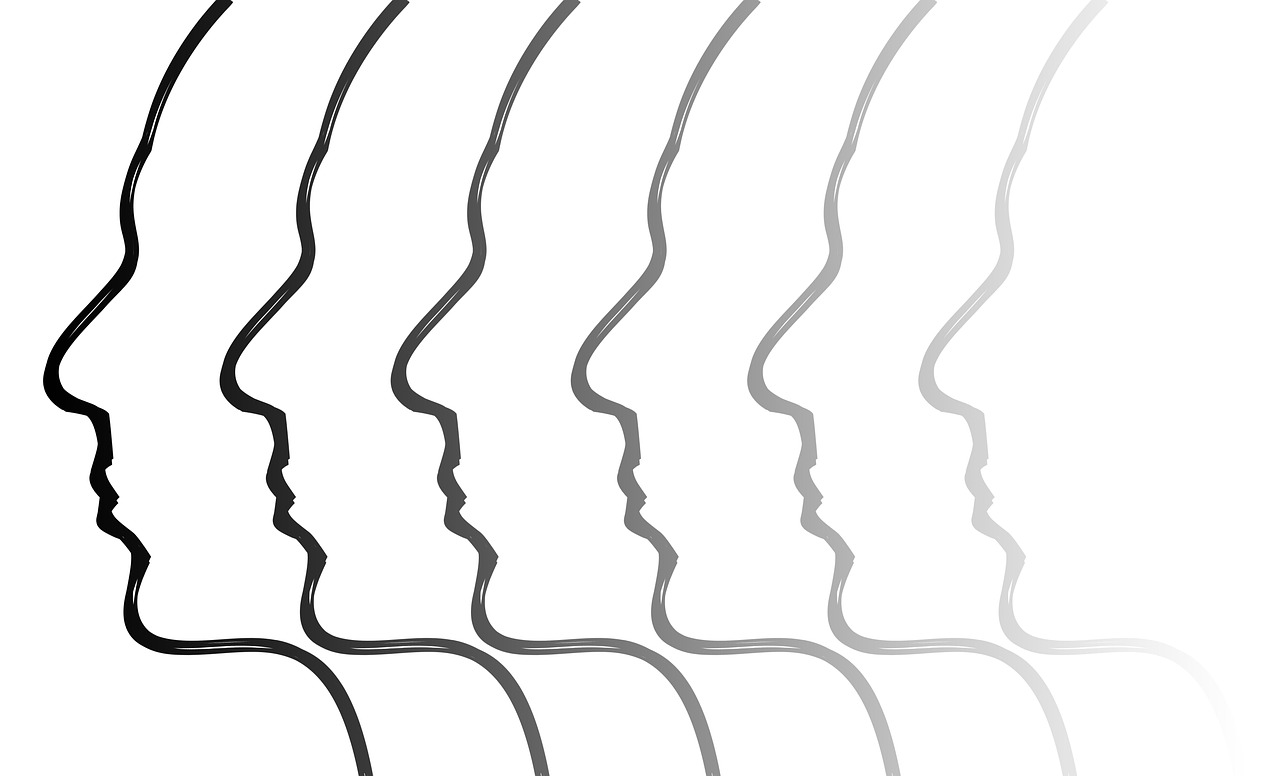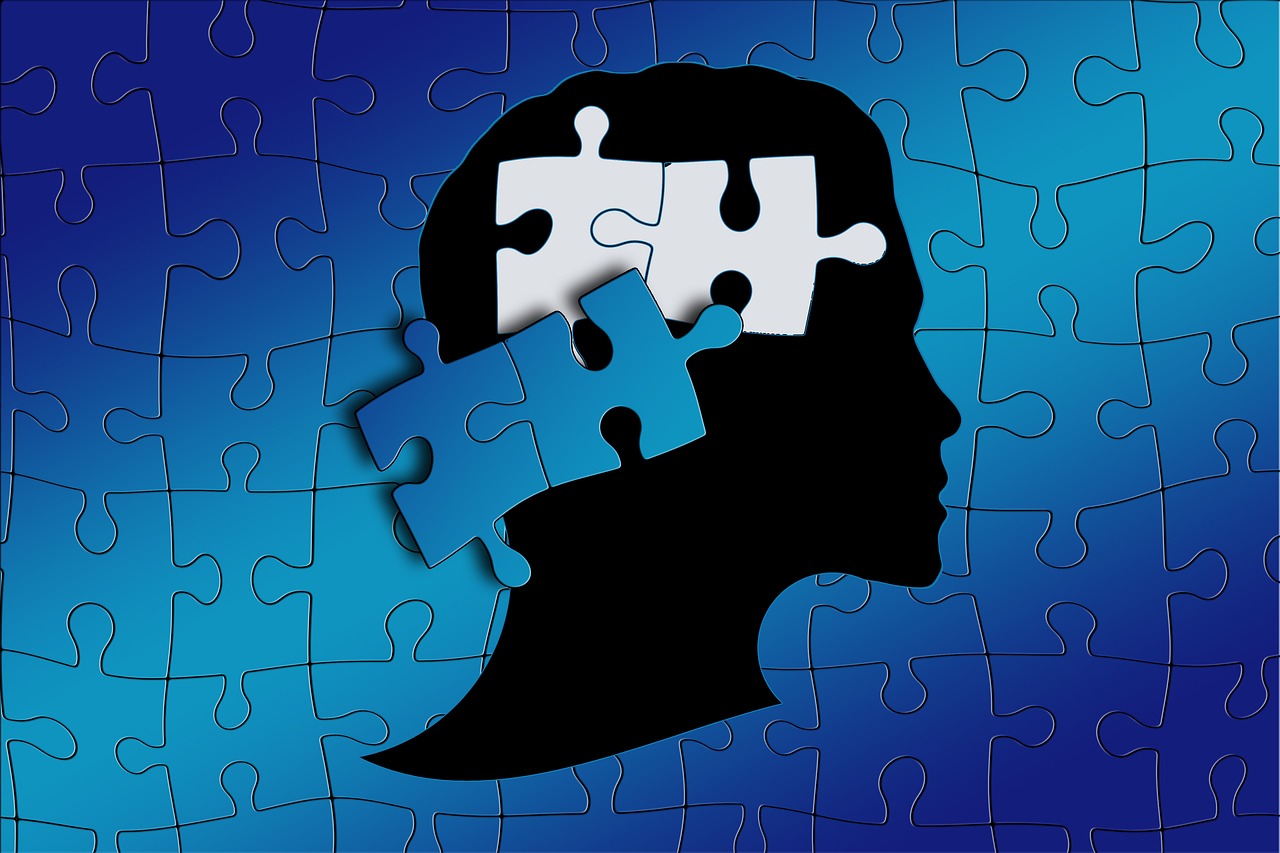Written by Najwa Bashir Major depression disorder (MDD) is a complicated and common mental illness. According to the sources, in 2008, the WHO ranked MDD as the third most common cause of disease in the world, and they predict that it will be the most common cause of disease by 2030. Mood problems that don’t […]






